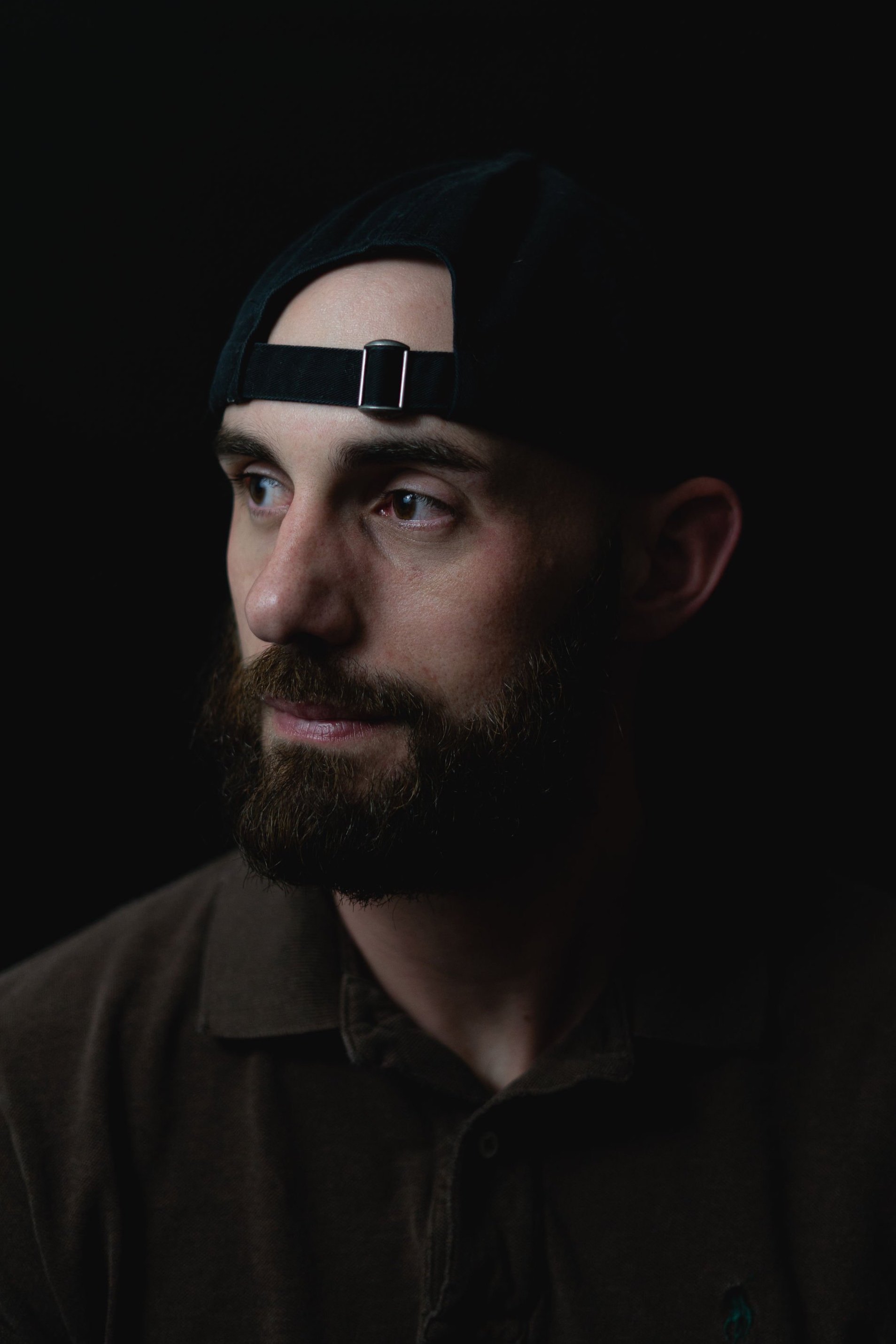About
-
From early childhood I was connected to music. My wonderful parents encouraged me to learn an instrument, and thanks to their guidance, I was blessed with the opportunity to study the violin. Years of lessons allowed me to participate in music. As I grew older, I drifted away from music and became preoccupied with school and athletics. I found that there was a void in my life after completing school and that something in music was drawing me back. I slowly began to explore the guitar, piano, vocals, etc and realized that I had a passion for creating songs. Once I made this realization, it set me on a path that led to Nashville, meeting other artists, and becoming inspired to write my own album.
-
I try not to put myself in a box because I want to be completely free when making songwriting decisions. My personal philosophy is that the ideas can inform the sound palette, so I let all of my musical influences remain on the table when producing the songs. However, I try to write each song so that it can be performed acoustically on guitar or piano. The core sound of each song falls under the singer-songwriter category, and I plan to perform acoustically at first.
-
Writing is a very personal process for me. It’s closely intertwined with life, and life has incredible depth. Over the years, I’ve tried to challenge my understanding of the art, and this challenge has caused me to rethink the potential of a song. There are a few songwriting principles that I've discovered while traveling down this path.
The first principle I discovered thanks to an excellent artist named Damien Rice. He has often said that his desire is to be honest and true as possible. This idea of not sacrificing honesty and truth struck me when I heard it, and I’ve realized that it’s a fight every artist has to jump into. There’s obviously a business side to music, but I’ve made the personal decision to prioritize the ideas over everything else. Someone might say, “Seth, you can write songs, but you should probably stop asking questions about life and stop exploring these areas of thought.” My reply would be, “With all due respect, I have no inspiration to write at all if the ideas cannot be deeply connected to life.” For me, the lyrics of a song are not lyrics; they’re ideas. As human beings, ideas influence everything about our lives. Ideas influence our perceptions, thought processes, growth, goals, choices, and the effects that we have on ourselves and the world around us. I want to write so that the most good is done for others and me. I want to write so that beneficial ideas are highlighted, preserved, and passed on. I want to write so that harmful ideas are challenged. I want to write so that honesty and truth are not sacrificed for money.
The second principle can be summed up in a famous quote from Socrates: “The unexamined life is not worth living.” A pivotal moment occurred in my life when a question finally became loud enough in my mind. The question was this: What are the best qualities of human beings? This caused me to go on a search and quickly find the work “Nicomachean Ethics” in which Aristotle lays out a philosophical inquiry into the best life for a human being. This work led to another work, which led to another work, which led to the dialogues of Plato (which includes Socrates’ famous quotation), which led to other works. I know that I’ll continue to read and consider philosophical works throughout the rest of my life. While I don’t agree with everything that any given philosopher proposes, I’ve discovered that philosophy has piercing perception into the details of life. Without challenging our minds by reading and considering what these brilliant thinkers have to say, we’re likely to have significant beliefs that can cause serious and harmful effects. Too often we have these beliefs while lacking vital knowledge that can get us closer to the truth. The ideas in my songs are heavily influenced by philosophers who have considered the important questions for all human beings. As I’ve read through these ideas, I’ve realized how important it is to prioritize them in songwriting.
A third principle developed from listening through the albums of Bob Dylan. It goes something like this: It’s OK to sing in support of goodness and to sing against its opposites. Bob Dylan has written songs such as “Blowin’ in the Wind”, “The Death of Emmett Till”, “The Lonesome Death of Hattie Carroll”, “Slow Train”, “Political World”, “Disease of Conceit”, “Dignity”, “A Satisfied Mind”, “If Dogs Run Free” and so many well-known songs that required moral guts to write. If one of the most respected songwriters in the history of songwriting can write ideas like that, then who’s to say that developing artists can’t? Bob Dylan is obviously another artist who is a main influence on my writing.
I hope I’ve drawn a simple sketch of why I’ve written what I’ve written. With that being said, I have nothing against songs that follow traditional themes and mainstream trends, as long as they don’t have harmful ideas in them. I appreciate and enjoy the wonderful artistic diversity that exists in music. I love to learn from the musical knowledge of others, so I hope that you and I might be able to discuss music one day.









